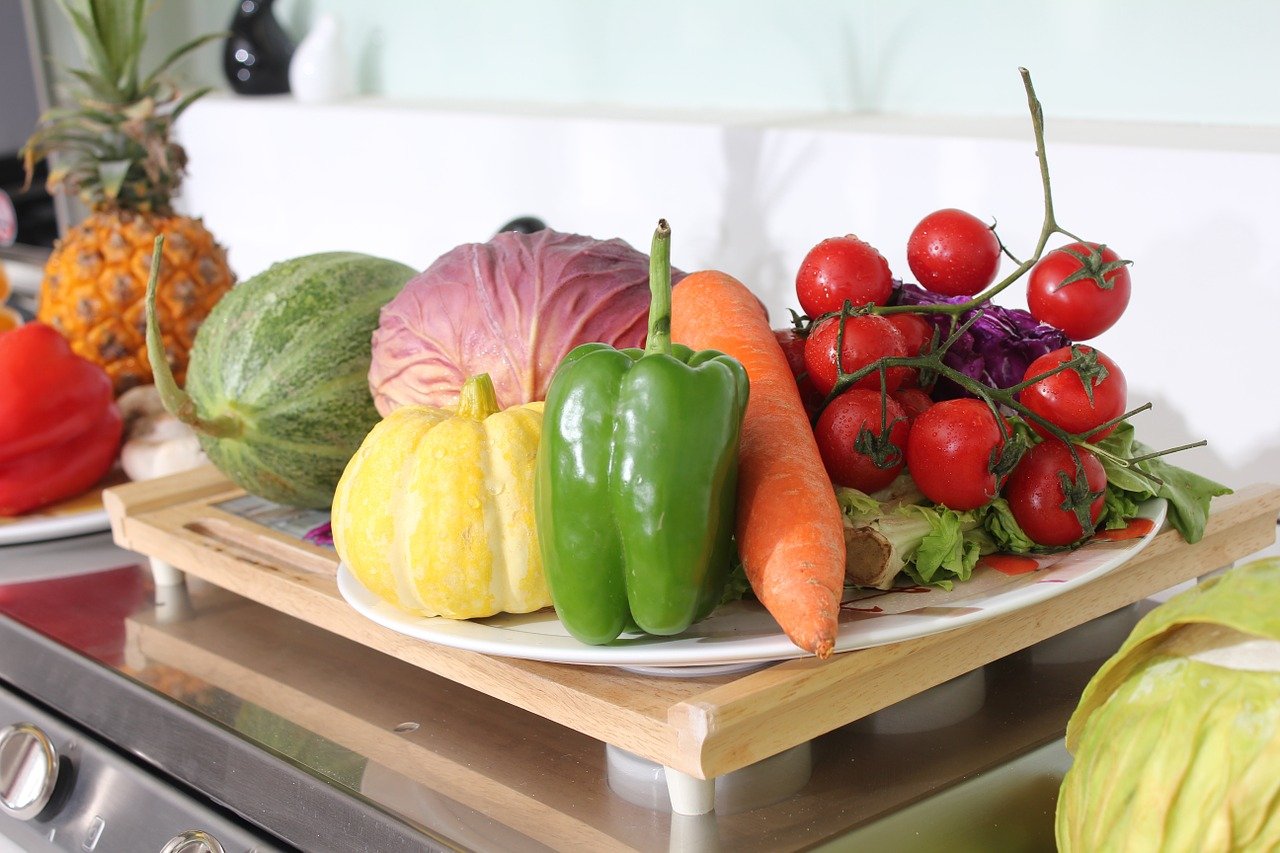Have the impacts of the global pandemic and the political and economic uncertainty that have been a part of life in the last few years got you revising your life plans? If so, you might be keen to start a home-based business that involves selling something you make.
While food eCommerce was a very tough sell for a long time, the pandemic has helped many shoppers crack through the resistance in this area. There’s increasing demand for food products sold online, and many small producers are taking advantage of this.
No matter what you create cuisine-wise, you need to think carefully about all the elements involved in successfully retailing food-based products online. Here are some tips to assist.
Understand Your Strengths and Weaknesses
Think about what it is that you can bring to the table that others can’t. What strengths do you have that will help you stand out in a crowded marketplace? For instance, maybe you’re an innovative cake decorator who can put together “wow” creations that are incredibly Instagrammable and help you build a following that way?
Perhaps your research skills are impeccable, and you can locate fun products that aren’t available in the local market yet, or bring your cultural knowledge to the forefront and introduce a broader range of customers to special delicacies they may not have tried? Look for what makes you unique, as this can give you a branding and product area to exploit.
Know your weaknesses, too, though. For instance, you might excel at creating food products but have no understanding of the business side of operations and thus need to find a partner who does. No one can be great at everything, so build a team around you who complement your skills.
Know the Specific Customers You’re Catering To
Food is a broad category, so before you begin a business in it, narrow in on one market area to truly cater to. Who are the people you want to market and sell your goods to? Where and when do they shop, what are their lifestyles and family setups like, and where do they live and go out? What price points are they comfortable paying for food, and are they currently being underserved by competitors?
Learn as much about the clients you intend to target as possible so you can better see how to appropriately develop your product ideas and other business factors to engage with, interest, and satisfy them.
Offer Something Fresh and New
Find a way to provide something to this market that’s fresh and new or at least better than what’s currently on offer. Research to learn what competitors sell right now and look for ways to give yourself an edge. See if you can tap into an existing niche category or pay attention to trends in the food arena. For example, think about areas like gourmet, artisanal, and small-batch products, those related to dietary restrictions such as dairy-free, allergen-free, gluten-free, or nut-free, and custom and novelty designs.
Consider ethical and religious food choices people make, such as eating kosher, halal, vegetarian, or vegan, as well as the food category related to certified organic, natural, and fair trade products. There are all sorts of elements you could hone in on that will help you develop an idea that gets attention for the right reasons.
Work Out Your Sales and Fulfillment Strategies
Spend time working out your sales and fulfillment strategies, too. Do you want to concentrate on making sales from your own website, or would you prefer to sell via an online marketplace or both? There are pros and cons to each. Either way, create compelling product descriptions and upload clear photographs and, where appropriate, videos, so your offerings tempt customers. Use clear, large-enough font, make sure the platform loads quickly and is mobile-friendly, and keep testing links and the checkout to ensure everything works correctly.
A prime challenge with selling food online can be ensuring it gets to buyers in one piece and hasn’t declined in quality or gone past its best-before or use-by date. You’ll likely need to send items in specialized packaging to help everything stay secure and use refrigerated or other shipping that removes extreme temperature fluctuations that can ruin edible goods. It helps to invest in a temperature logger that sends alerts if food gets too hot or cold during transit times, too.
Learn About Food Related Regulations
Lastly, remember that food is a highly regulated industry. For safety reasons and to protect yourself and your business, not to mention customers, learn about all the relevant laws and standards you need to adhere to. Understand cottage food laws related to selling food from home, food handling training, kitchen inspections, state business licensing, zoning clearing and permits, etc.
These are some of the crucial topics to learn about when starting a food eCommerce business, but there are many more. Take your time beginning your venture to avoid as many mistakes and issues as possible, and set yourself up with the highest chances of success.


